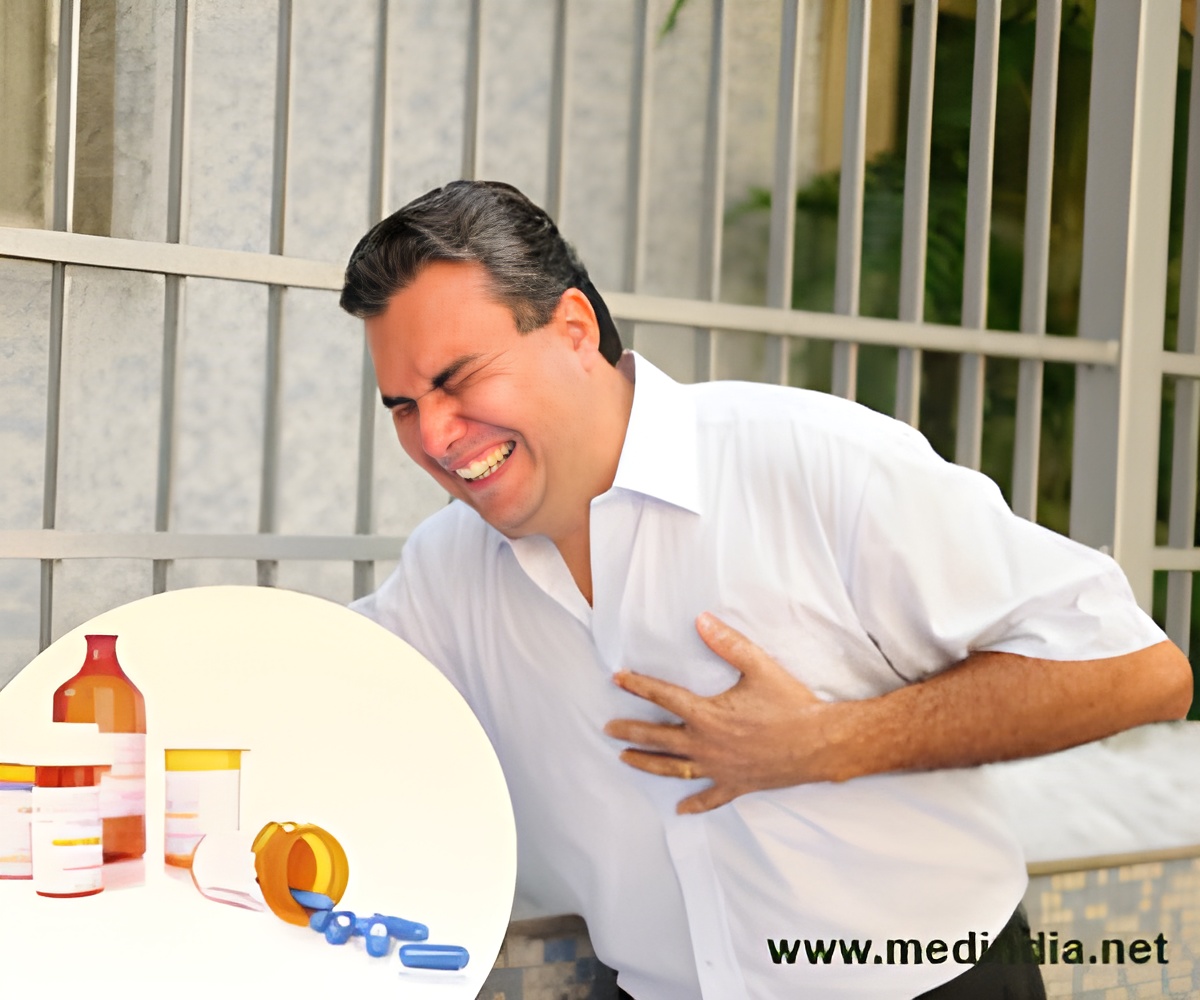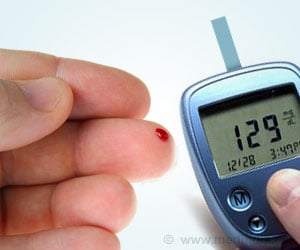MitoSNO, a new drug that can reduce tissue damage to the body after a heart attack has been tested successfully on mice. It may reduce reperfusion injury in heart attack and stroke.

Thus logically, switching off the mitochondria for a while during the critical time of reperfusion would prevent damage caused by free radicals to the heart and other tissues. This is what is done by MitoSNO. “MitoSNO effectively flicks a switch in the mitochondria,” says Dr Mike Murphy from the Medical Research Council Mitochondrial Biology Unit, who led the study.
The study was partly funded by the British Heart Foundation; researchers are optimistic about human trials of the drug. The promising potential of the drug may save a large number of heart attack survivors from carrying the burden of heart failure.
The mechanism of the drug can also help other situations like a stroke or a major surgery where tissues remain deprived of oxygen for a long time.
"We are hopeful that if human trials of MitoSNO are successful it could eventually be used in many other areas of medicine," says the researcher. The report has been published in the journal, Nature Medicine.
Source-Medindia















